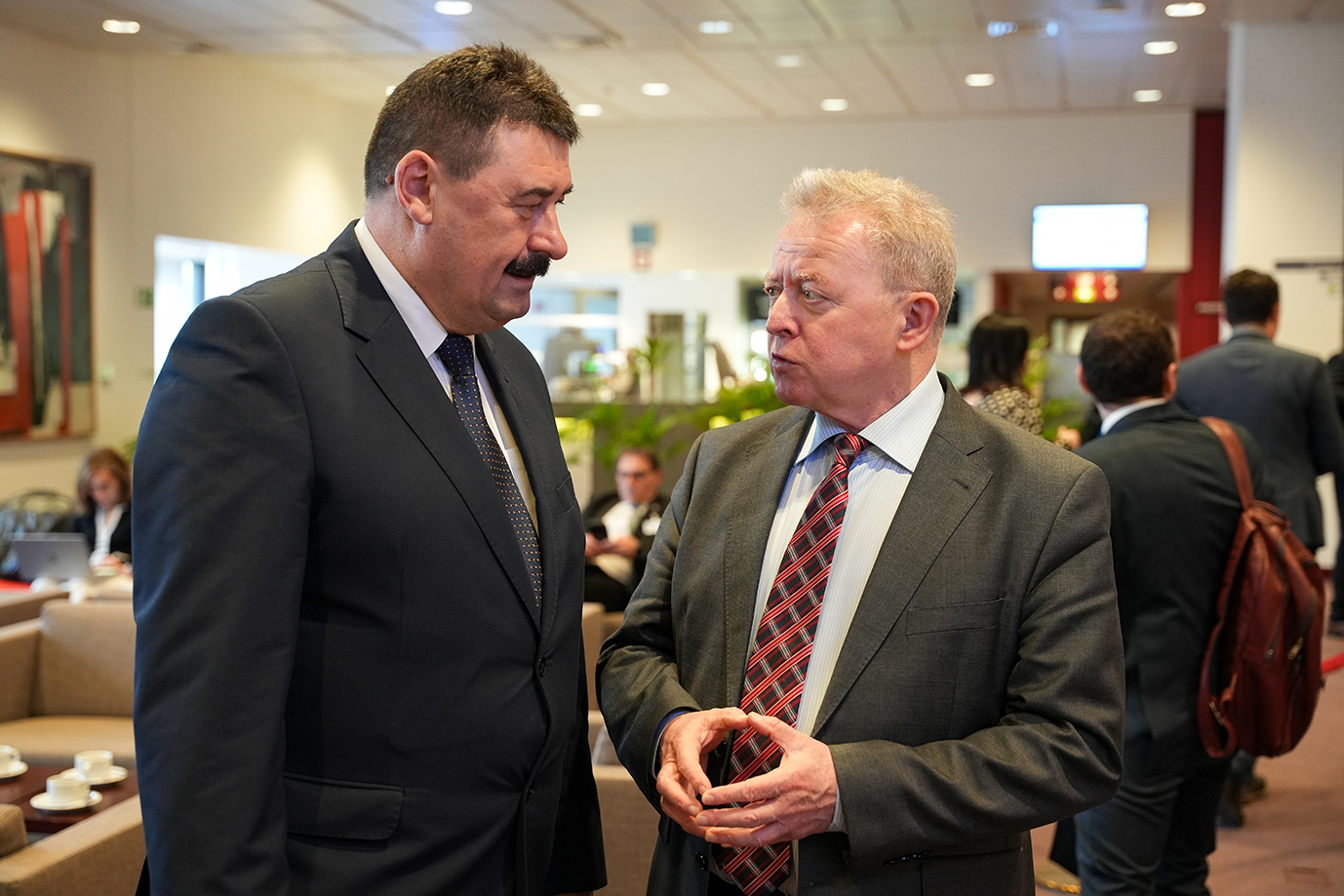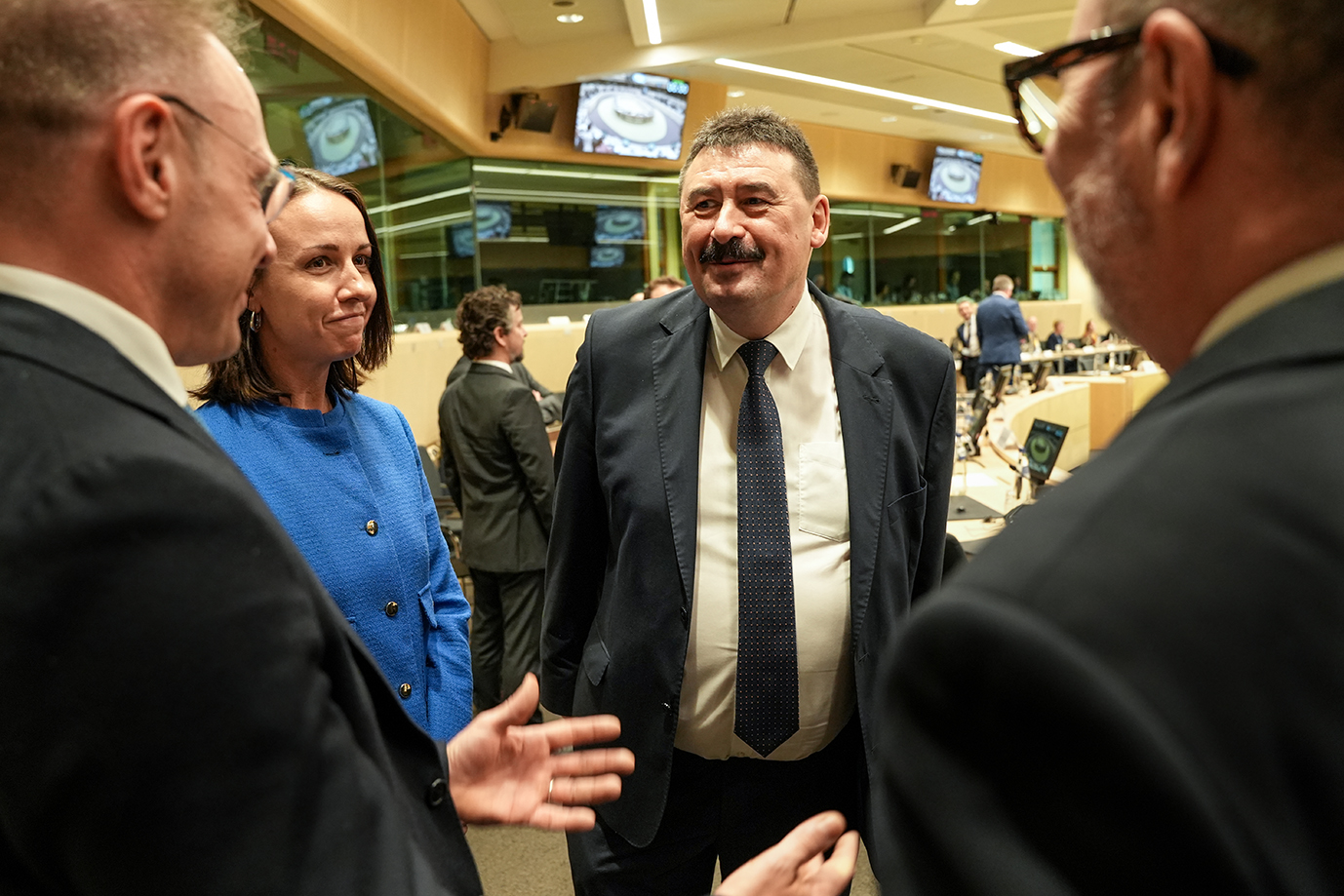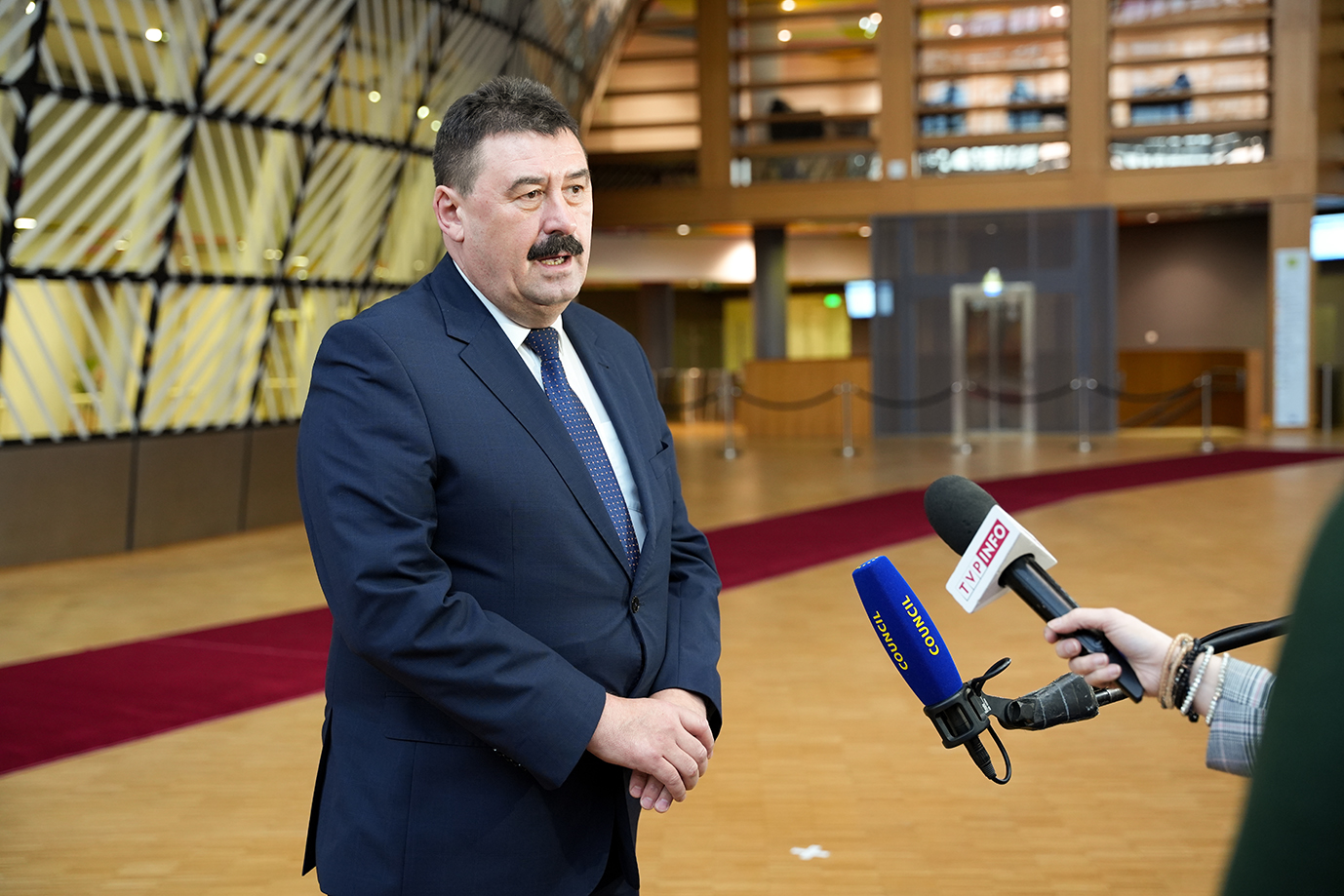Poland's position at the AGRIFISH Council meeting
20.03.2023
At today's meeting of the EU Agriculture and Fisheries (AGRIFISH) Council in Brussels, attended by Secretary of State Ryszard Bartosik, we once again request the urgent mobilisation of EU support given the problems in agricultural markets, especially the grain market.

Agricultural markets – Poland's position
In the section on the situation in agricultural markets, Poland again draws attention to the problems in grain and milk markets. We request urgent mobilisation of EU support.
As for the grain market, the problems are caused by a large influx of cereals from Ukraine. It mainly affects south-eastern Poland. Some grain purchasers, especially in this region, have suspended or limited the purchase of domestic grain because stores are full. Poland calls for improved and better-supervised grain transit from Ukraine.
Milk purchase prices are also falling, which, with high production costs, worsens the situation for farmers. Deputy Minister Bartosik draws attention to the low level of intervention prices, which is out of step with current realities. Intervention prices are sometimes several times lower than market prices, and agricultural production costs and the general price level have increased enormously as a result of the inflationary process in the EU economy. In the medium to long perspective, energy prices and fertiliser availability could be challenging.
Increase in agricultural imports from Ukraine
Regarding agricultural trade-related issues, Poland recalls that it has been actively involved in aid activities for Ukraine, including the construction of solidarity corridors. However, these needed actions have also resulted in considerable growth in agricultural imports from Ukraine, primarily in grain but also in other sectors. It has negatively affected specific agrarian sectors, especially in the regions bordering Ukraine.
The import increase has been caused by the 'leakiness' of the solidarity corridors and the independent suspension of EU tariffs on Ukrainian products whose imports had not been fully liberalised before this regulation came into force. It was applied to, for example, poultry meat, eggs, dairy products, flour, sugar and apple juice.
Poland sees a particularly worrying situation in the poultry sector due to the mentioned import increase. We call for modifications in the draft extension of the autonomous measures for another year to protect EU producers better.
Access to third country markets
In its trade relations with other partners, Poland supports the European Commission's efforts to improve access to third country markets. At the same time, we expect these talks and agreements to lead not only to tariff liberalisation in mutual trade but also to the reduction of non-tariff barriers in access to the markets of our trade partners.
In Poland's view, the dynamic situation related to the expansion of the FTA network requires a re-examination of the cumulative impact of EU concessions on individual agricultural sectors of the EU and member states.



